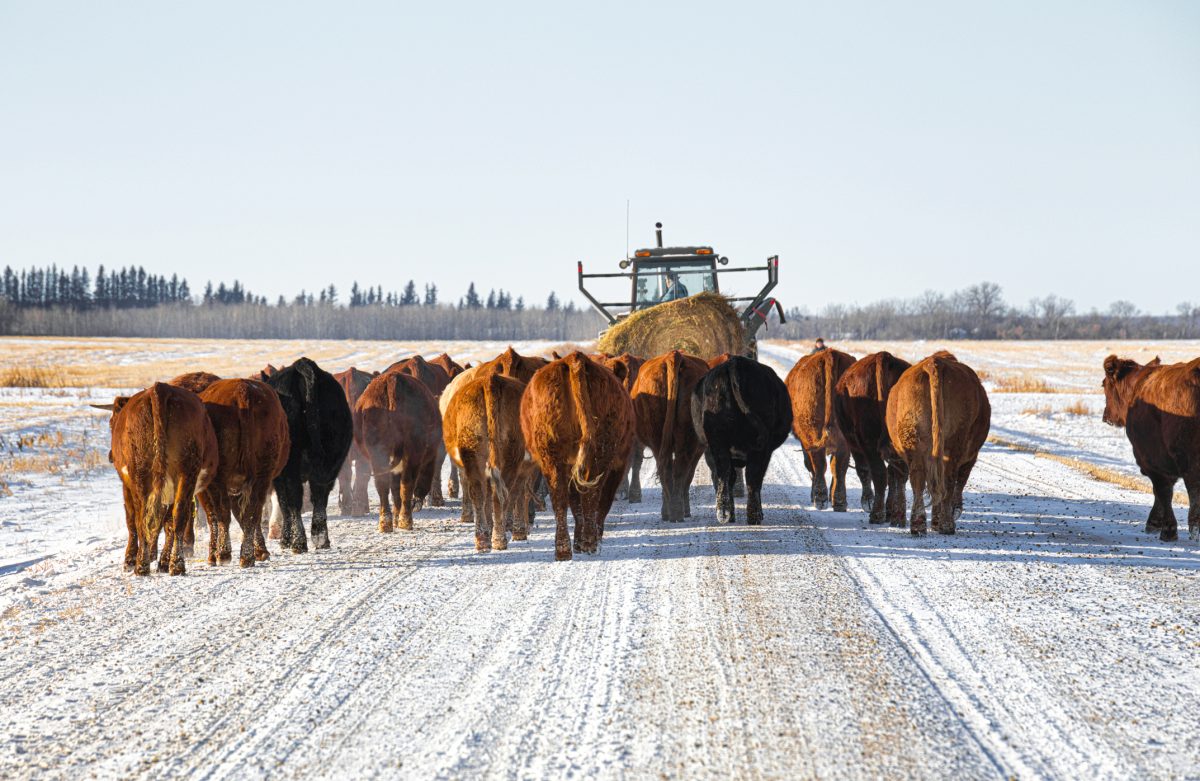MarketsFarm — While canola prices turned lower Wednesday, the week ending that day was full of rangebound trade activity with little movement.
The March canola contract traded within a range of $832-$846.70 per tonne during the week, settling at the low end of the range after falling $5.20 on Wednesday to close at $832.70/tonne.
Winnipeg-based trader Jerry Klassen of Resilient Commodity Analysis said that a weekly one-day surge of farmer selling may have been a reason for the declines, but traders may be positioning themselves for the weekend and beyond.
Read Also

U.S. livestock: Cattle sink ahead of semi-annual inventory report
Chicago cattle futures fell on Thursday ahead of the USDA’s semi-annual cattle inventory report. Hog futures were mixed. Most-traded April…
“We’re heading into that Chinese New Year period where it’s a little bit slower and also we’re not seeing a lot of export demand at these levels, because there’s kind of a bearish tone on the market for the next month or so,” Klassen said. “You have these spurts and these waves of farmer selling come in. The market is still below the 20-day average. So, I think when the market does sell off like that, there’s speculative fund selling as well.”
He also said commercial demand has been weaker as of late, waiting for prices to drop to around $770-$780/tonne.
“Right now, that’s probably the biggest factor,” Klassen added.
Despite a lack of price movement in canola for most of the week, soybean and crude oil prices have rallied. Klassen believes the differences in activity between canola and soybeans are due to their respective potential carryout situations.
“The canola fundamentals and the soybean fundamentals are opposite. You have a historically tight soybean fundamental situation, but the canola will probably come in closer to a five-year average. So you’re not tight on the canola side. It’s a neutral type of outlook. Neutral to bearish,” Klassen said. “The soybean market has to encourage acres for new crop. For canola, the market’s already done that.”
Any price movement in canola in the near future will depend on energy demand, Klassen added.
“Once you get into the main driving season, the U.S. economy may be slowing down a bit, but you have the re-opening of the Chinese economy. How much of that re-opening is going to influence the energy market and also the vegetable oil market?” he asked.
— Adam Peleshaty reports for MarketsFarm from Stonewall, Man.
















